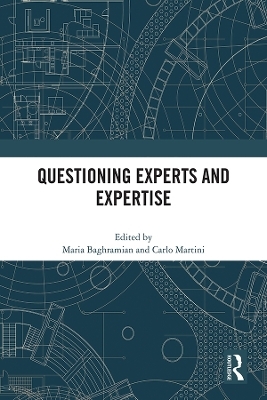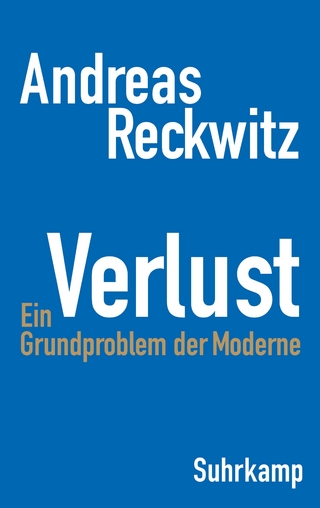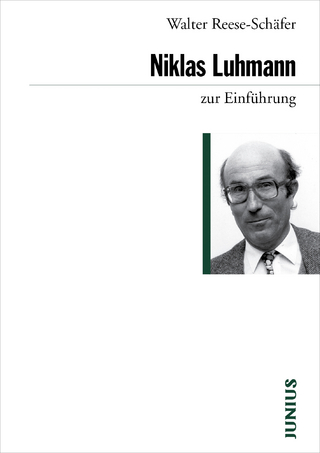
Questioning Experts and Expertise
Routledge (Verlag)
978-0-367-75286-6 (ISBN)
The role of experts and their expertise, in our personal and social lives, has taken centre stage in the debates about our post-COVID-19 world. Scientific disinformation is rife, and expertise is badly needed to tackle highly complex social problems.
This book brings together philosophers, sociologists and policy experts to discuss the nature, scope and limitations of expert advice in policy decisions. The chapters collected here address some of the most fundamental questions in the debate on the role of experts. They explore, among others, the definitions of expertise, the role of experts in modern democracies, the dilemma of choosing between equally competent and qualified experts who cannot agree, the objectivity of expert judgements, the relationship between experts and novices in polarised social settings and the conditions on the trustworthiness of experts. These explorations, by some of the best- known academics working in the field, highlight the complexities of the questions they address but also lay down a road map for addressing them.
The chapters in this book were originally published in Social Epistemology: A Journal of Knowledge, Culture and Policy.
Maria Baghramian is Full Professor of American Philosophy at the School of Philosophy, University College Dublin. She was a Principal Investigator of the Irish Research Council project ‘When Experts Disagree’ (WEXD) and currently coordinates the Horizon 2020 EU project ‘Policy, Expertise and Trust in Action’ (PEriTiA). She is a member of the Royal Irish Academy. Carlo Martini is Associate Professor in the Faculty of Philosophy at Vita- Salute San Raffaele University in Milan, Italy. He has published extensively on the epistemology of expertise. He is Local Principal Investigator for the Horizon 2020 project ‘Policy, Expertise and Trust in Action’ (PEriTiA) and the Italian Ministry of Research and Education project ‘From Models to Decisions’.
1. Introduction: Ubiquitous Questions about Experts and Society 2. Believing to Belong: Addressing the Novice- Expert Problem in Polarized Scientific Communication 3. The Rightful Place of Expertise 4. Expertise, Agreement, and the Nature of Social Scientific Facts or: Against Epistocracy 5. Asymmetry, Disagreement and Biases: Epistemic Worries about Expertise 6. Towards a Balanced Account of Expertise 7. Expertise, Relevance and Types of Knowledge 8. Are Experts Right or are They Members of Expert Groups? 9. What Experts Could Not Be 10. For A Service Conception of Epistemic Authority: A Collective Approach 11. Can Novices Trust Themselves to Choose Trustworthy Experts? Reasons for (Reserved) Optimism 12. Why the Fence Is the Seat of Reason When Experts Disagree 13. Values and Objectivity in the Intergovernmental Panel on Climate Change
| Erscheinungsdatum | 18.04.2024 |
|---|---|
| Verlagsort | London |
| Sprache | englisch |
| Maße | 174 x 246 mm |
| Gewicht | 453 g |
| Themenwelt | Naturwissenschaften |
| Sozialwissenschaften ► Soziologie | |
| Technik ► Umwelttechnik / Biotechnologie | |
| ISBN-10 | 0-367-75286-7 / 0367752867 |
| ISBN-13 | 978-0-367-75286-6 / 9780367752866 |
| Zustand | Neuware |
| Haben Sie eine Frage zum Produkt? |
aus dem Bereich


